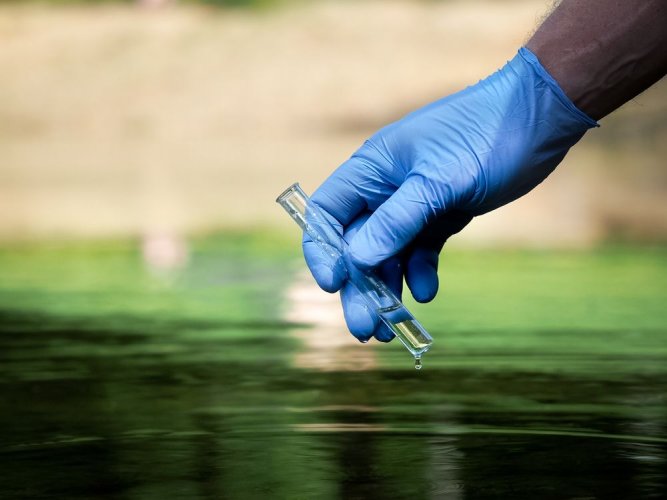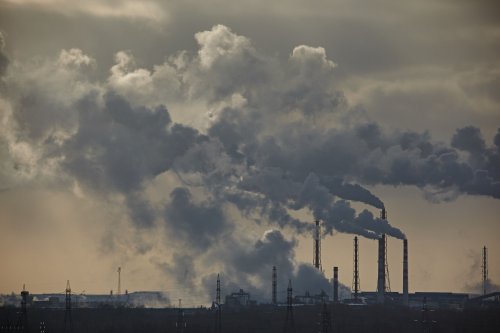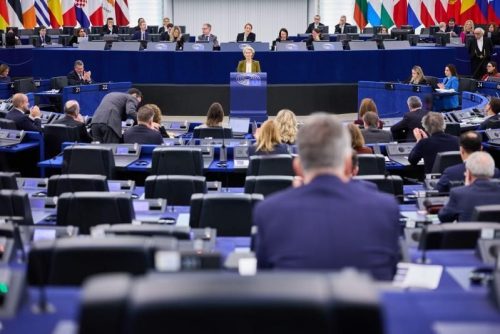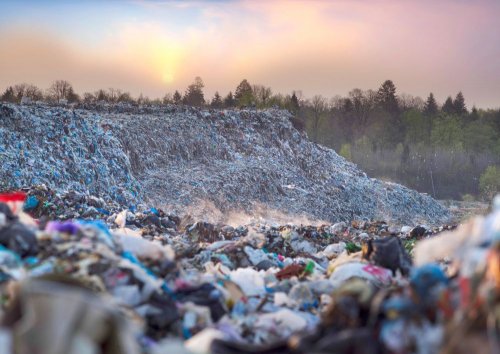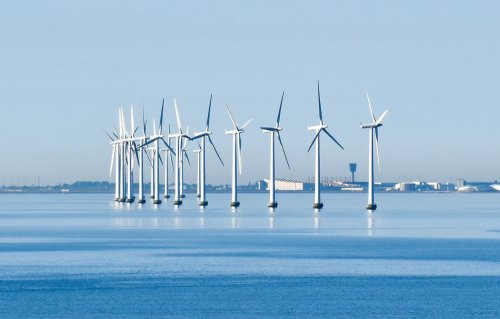The European Commission has approved a new checklist of substances in surface waters that may pose a threat to the environment and human health.
This was reported by the supreme executive body of the European Union.
The updated list contains 12 pollutants. It includes pesticides and pharmaceuticals, a sunscreen and an antioxidant used in tires. The impact of these substances was identified by experts from EU member states as a matter of great concern.
From now on, EU Member States will monitor the listed substances at a limited number of monitoring stations in selected representative surface waters for at least the next 2 years to obtain information on their concentration and presence in the environment.
The collected data set will help the European Commission determine whether these substances pose a large-scale threat. If so, they may be included in the list of priority substances under the Water Framework Directive. In this case, Member States will have to agree on maximum permissible thresholds for the presence of these substances in surface waters, as well as take measures, if possible, at the source level to reduce or phase out their emissions.
In mid-January, EcoPolitic reported that the Ministry of Environmental Protection and Natural Resources of Ukraine had approved the State Water Monitoring Program for 2025, which covers 7 river basins – the Dnipro, Dniester, Danube, Southern Bug, Don, Vistula, and Black Sea.
We also told you that in late January, environmental inspectors checked for possible pollution of the Ustia River in Rivne.

